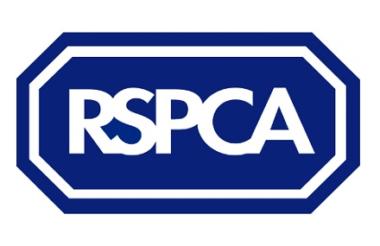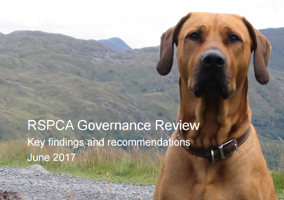The Charity Commission has wrapped up its regulatory case into the RSPCA, that it announced at the end of last year.
The regulator’s involvement with the charity began in 2014 after serious concerns were identified about the charity’s governance and leadership.
Among the Commission’s key concerns were frequent changes in leadership and a sustained reliance on trustees acting as interim chief executives.
In August 2018, the Commission also issued the charity with an official warning, in relation to concerns about a settlement offer to the charity’s former acting chief executive.
Despite regular meetings with staff and trustees, including a three-day visit by the regulator to the charity’s headquarters in October 2018, the Commission remained concerned about the charity’s progress in reforming its governance.
Its concerns revolved around the set-up and role of the charity’s trustee body. This was partially because of its large size, as the council consisted of 25 members.
Changes made by the RSPCA
Trustees were required to bring the charity’s governance in line with expectations for a charity of this size and complexity.
Following a wide consultation, led by a new chair and chief executive, the RSPCA adopted constitutional changes at its AGM in June 2019. This included reducing the size of the trustee body from 25 to 12.
The Commission said it is now satisfied that the charity has acted on its regulatory advice and used this as an opportunity to make significant changes.
Helen Earner, director of regulatory services at the Commission, said: “The RSPCA is a much-loved national institution, which performs a crucial role in animal protection. We have had to have extensive engagement with the charity over a number of years to ensure things were placed on a better footing, but are satisfied that the RSPCA’s current governance reflects our expectations of large and complex charities.”
Chief executive at RSPCA: ‘We have worked hard to transform our governance’
Chris Sherwood, chief executive of the RSPCA, said: “We have worked hard to transform our governance and create a modern, nimble board of trustees which stands us in good stead as we take on the challenges of growing pet ownership and high demand for our vital animal welfare services.
“The RSPCA has been rescuing the most needy animals for almost 200 years and this transformation of our governance is just one of part of a programme of work to ensure we are in a strong position for the future.”
It will be launching a new ten-year strategy in early 2021. Last year the charity ran an emergency fundraising appeal which raised more than £1m.
New director of advocacy at RSPCA is former MP
The RSPCA has also announced Heidi Allen will be joining the charity in the new position of director of advocacy and policy.
The former MP will be leading the charity’s campaign team and science teams, which inform policies on welfare for pets, farmed animals, wildlife and animals used in research.
Sherwood said: “Advocacy, changing attitudes, behaviour and laws forms a key part of our new strategy.
“We want to see the vital interests of animals at the heart of public policy making in the UK and around the world. And are looking forward to working with other NGOs, researchers and scientists to ensure our policies are based on the latest animal welfare and environmental thinking.
“With this in mind we created the director of advocacy and policy position. Heidi has a proven track record of being a powerful voice for change and I’m confident her passion coupled with her professional expertise and charity work will be a huge asset to the RSPCA.”
Allen was the MP for South Cambridgeshire between 2015 and 2019. She was elected as a Conservative, but left the party in early 2019 and was part of various independent groupings before joining the Liberal Democrats.
Related articles











